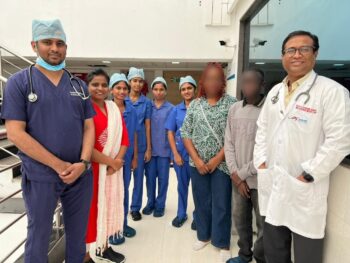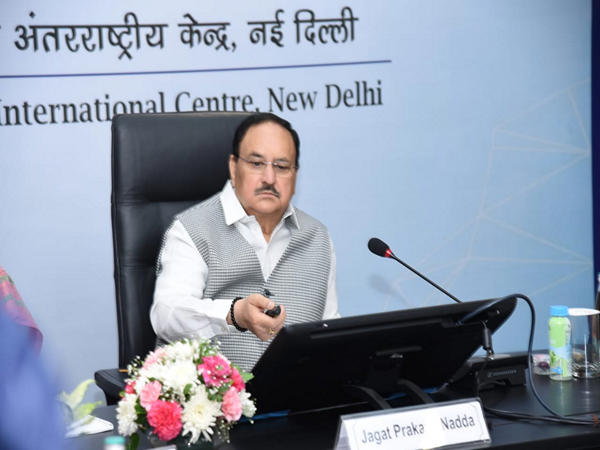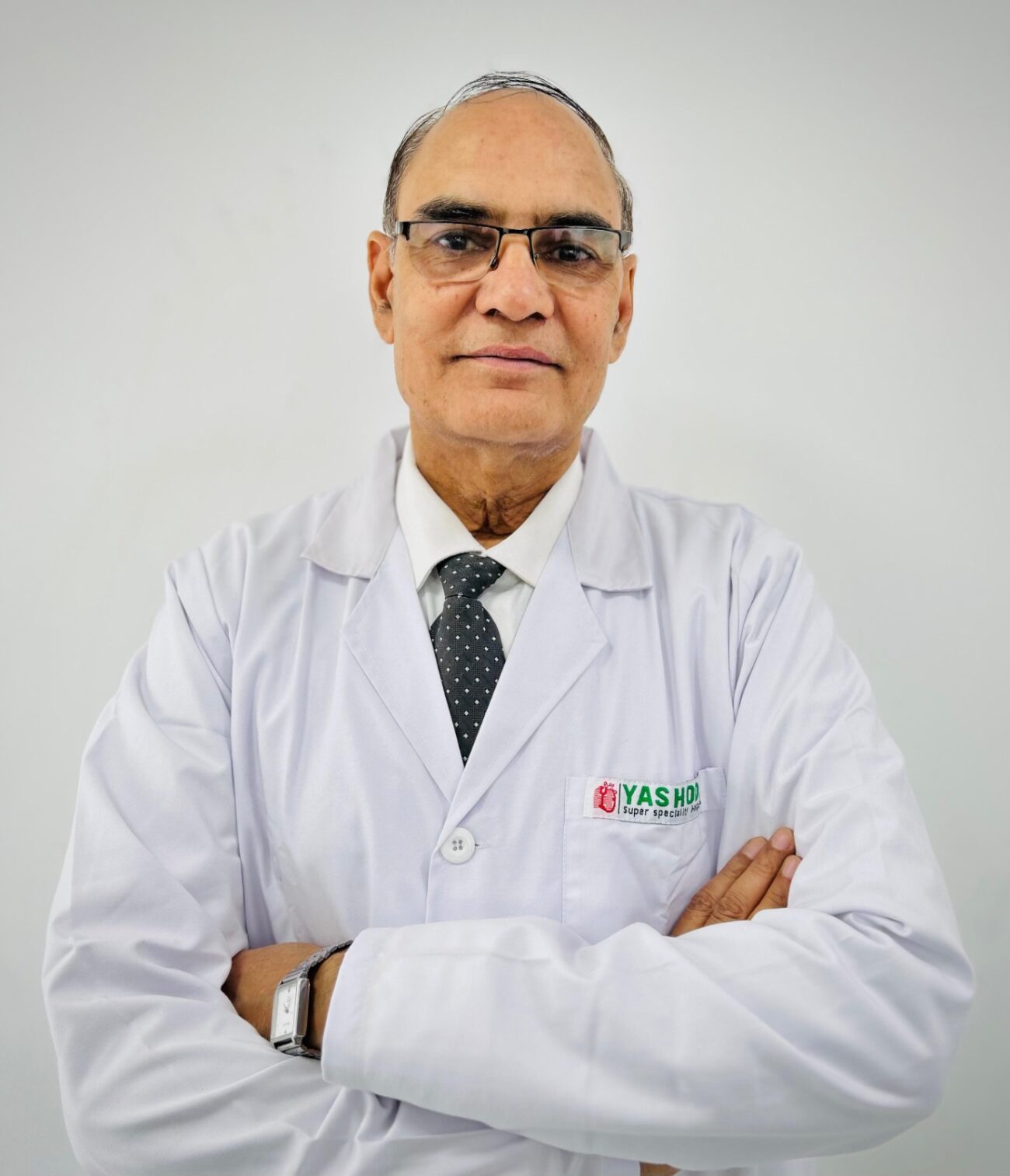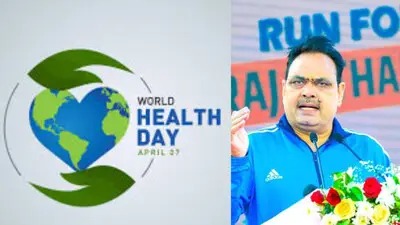A seven-year-old girl from Zambia saves her brother’s life
Zambian Family Finds Hope at KIMS Hospital as Seven-Year-Old Sister Becomes Lifesaver In a remarkable testament to familial love and transcending borders for healthcare, a heart-warming story unfolds at KIMS Hospital in Secunderabad, where a seven-year-old

Zambian Family Finds Hope at KIMS Hospital as Seven-Year-Old Sister Becomes Lifesaver
In a remarkable testament to familial love and transcending borders for healthcare, a heart-warming story unfolds at KIMS Hospital in Secunderabad, where a seven-year-old girl’s bone marrow donation becomes the beacon of hope for her 14-year-old brother battling severe sickle cell disease. The family, hailing from Lusaka, Zambia, sought medical help from KIMS Hospital, where Dr. Narender Kumar Thota, HOD of Department of BMT & Consultant medical oncologist, Hemato-oncologist and bone marrow transplant specialist, orchestrated a life-saving procedure.
Amidst the typical fears associated with medical procedures for a child of her age, the seven-year-old sister exhibited extraordinary courage by choosing to donate her bone marrow to rescue her ailing brother while she herself was suffering from milder sickle cell anemia.
The boy’s severe sickle cell disease had cast a shadow over his daily life, with joint pains, hemoglobin depletion, and severe weakness. Dr. Narender Thota, impressed by the sister’s courage, emphasizes the rarity of such swift and courageous acts of donation, particularly in a scenario where detection and awareness of sickle cell disease are lacking in their home country.
Before the bone marrow transplant, Dr. Thota elucidates the critical matching process, involving Human Leukocyte Antigen (HLA) typing for both the donor and the recipient. The sister’s stem cells presented a 100% match, offering a lifeline to her brother. The procedure becomes not only a medical milestone but also a profound testimony to the power of familial bonds and selflessness.
The successful transplant is set to alleviate the boy’s severe illness, turning it into a milder form without further complications. Dr. Thota assured that the boy can lead a healthy life, free from the struggles imposed by sickle cell disease.
Dr. Thota sheds light on the prevalence of sickle cell disease in forested areas, particularly in countries like India and African countries like Kenya, and Zambia, where it acts as a natural defense against malaria but poses significant health challenges. He underscores the lack of advanced care options, facilities, and awareness in African countries, leading families like the one from Zambia to seek treatment abroad.
In case of non-availability of donors, prospective patients can seek assistance from the Indian Marrow Stem Cell Register, which might facilitate individuals needing donors.






